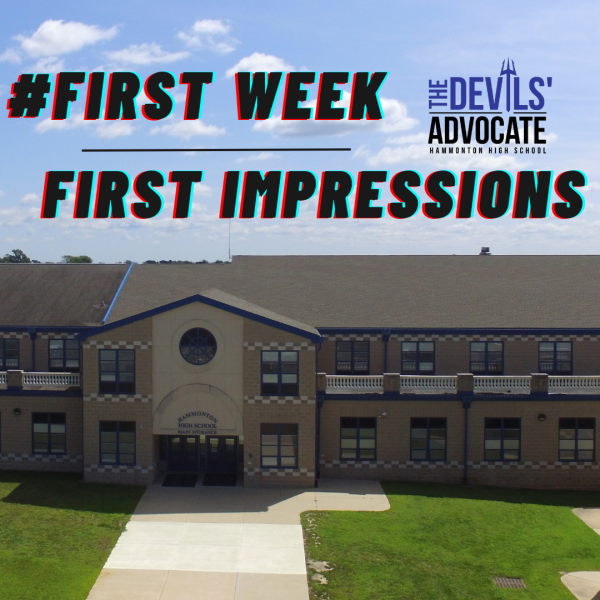The Iraq War: Should it End?
When a student at Hammonton High School (or any student across the country) turns 18, they are obligated by federal law to register for the Selective Service. There’s not much choice in this matter.
Some students, however, choose to enlist in the military, motivated by patriotism or just the desire to establish a good life for themselves.
Regardless of the reason for joining, one thing students can’t ignore is that our country, despite it’s statement that the combat war is over, is still actively engaged in work over in Iraq.
The United States has made some progress because of its role there. President Obama authorized the attack in Pakistan that killed former Al Qaeda leader, Osama bin Laden. The country has made an overall strategy on Afghanistan and Pakistan and we deployed 33,000 troops in Afghanistan. The United States reported that the making of a Joint Virtual Lifetime Electronic Record for people of the United States military, to make the health care better. The nation has also ended the combat mission in Iraq and approved a landmark nuclear arms treaty with Russia, also referred to as ‘New START’, and restored conversations with NATO and other friends and partners on strategic issues.
Despite all of these advances, there is still the lingering question: Is there ever going to be an end point?
In an article published by the Washington Post in March after the 10 year anniversary of the war’s beginning, almost 4,500 U.S. troops were killed and more than 32,000 wounded, including thousands with critical brain and spinal injuries. Estimates of the number of Iraqi civilian fatalities are staggering, ranging from 100,000 to 600,000. And that was in March.
President Obama, in his 2009 State of the Union address, said “We will begin to responsibly leave Iraq to its people.” He later announced the conclusion of the combat mission in Iraq on August 31, 2010.
So here we are: November 2013. Troops are still there rebuilding a nation where US soldiers are still risk for injury and death. However, this is a risk the nation needs to take so that Iraq becomes the stable democracy. Ultimately, this will benefit not only the citizens of Iraq but the global community as a whole.











